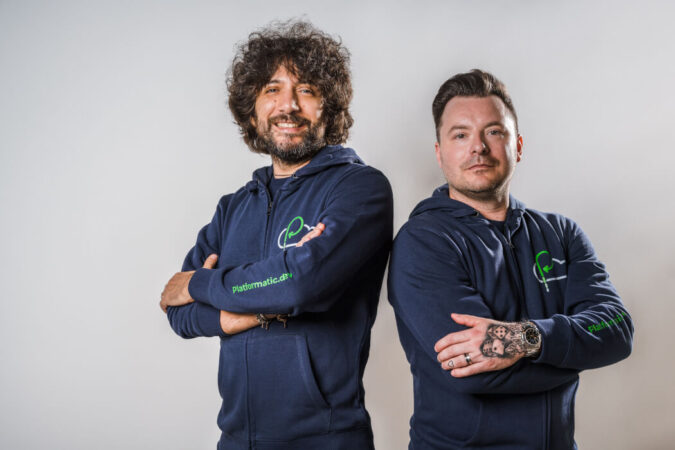
Platformatic is backed by Decibel, Panache, and developer and open-source angels.
Platformatic has closed $3.5 million in funding and launched a new API platform to help developers and companies focus on building “applications that matter instead of complex underlying infrastructure.”
The startup was founded in 2022 by CTO Matteo Collina—the creator of Fastify—and CEO Luca Maraschi, a repeat founder who previously served as CTO of MobileLive, vice-president of engineering at CTO.ai, and chief architect at Telus. Platformatic is headquartered in San Francisco and has an office in Vancouver, where Maraschi is based.
Platformatic aims to ensure that Fastify is the “go-to web framework for Node.js development.”
Backed by a group that includes Palo Alto-based Decibel, Canada’s Panache Ventures, and several angels from the developer and open-source tech community, Platformatic plans to use this funding to expand its platform and grow its team, as the software startup looks to ensure that Fastify is the “go-to web framework for Node.js development.”
Platformatic did not respond to email questions from BetaKit by publication time.
Node.js is an open-source server environment that allows developers to create front-end and back-end applications using JavaScript. According to Platformatic, Fastify is one of the most popular web frameworks within the Node.js ecosystem. Platformatic claims Fastify has more than four million downloads per month, 3x year-over-year growth, and a user base that includes Capital One, Walmart, American Express, and hundreds of other enterprises.
Platformatic’s funding round was led by Decibel, with participation from Panache, GitHub founder Tom Preston-Werner, Socket founder and CEO Feross Aboukhadijeh, major Node.js contributor James Snell, and Tier.run founder Jevon MacDonald, among others.
RELATED: Panache closes $100 million for second fund as firm doubles down on seed-stage startups
According to Platformatic, while a new generation of tools focused on simplifying front-end development has emerged—from React, to Next.js and Vercel—“Little has been done for the backend because it’s a more rigid environment to change.”
At the same time, Maraschi argued in a statement that modern businesses need to keep “pace with user demands without over-burdening platform engineering teams.” Platformatic aims to help address this issue with its tech.
“As someone who once built a company with a foundation in Node.js, the significance of what Luca and Matteo are creating at Platformatic immediately resonated with me,” Panache general partner Chris Neumann told BetaKit. “The fact that we had firsthand experience with Luca’s work ethic and determination through a prior role at another Panache portfolio company made it easy for us to want to back them.”
Feature image courtesy Platformatic.
.